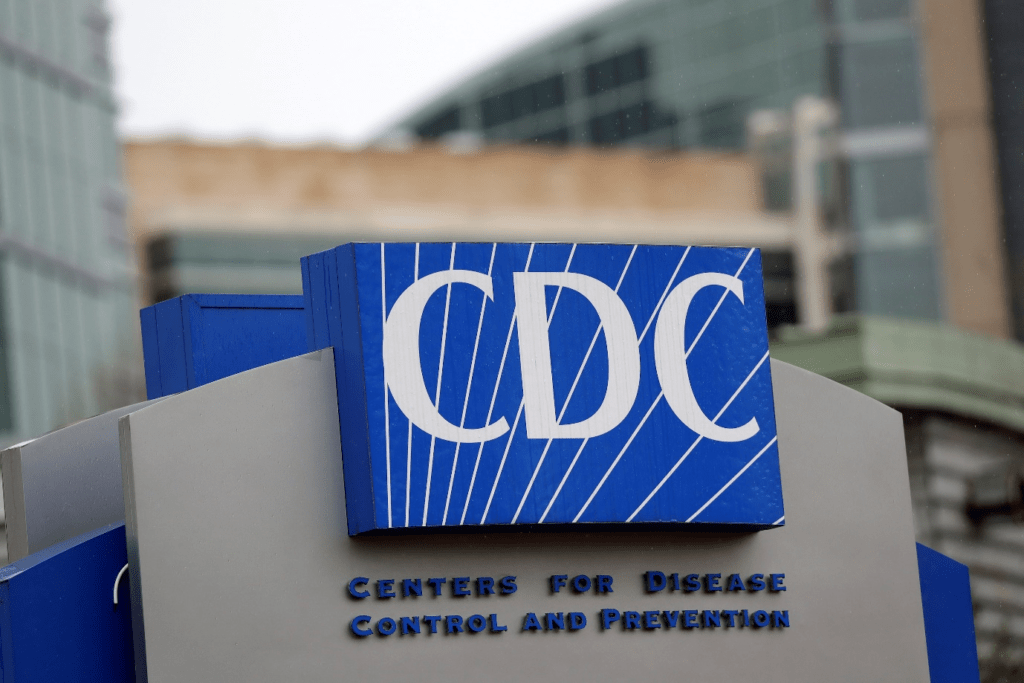
Binance Airdrops $BANANA Token, Prices Surge on Listing
Binance, the world’s leading cryptocurrency exchange, has introduced a novel initiative with the Banana Gun ($BANANA) token launch as …

June 10, 2021: -The U.S. Centers for Disease Control and Prevention (CDC) has eased travel recommendations for over 110 countries and territories, which include Japan, just ahead of the Olympics.
The CDC’s new ratings, first reported by Reuters and posted on a CDC website on Monday, include 61 nations that were lowered from its highest “Level 4” rating that discouraged all travel to recommending travel for fully vaccinated individuals, the agency confirmed on Tuesday.
An additional 50 countries and territories have been lowered to “Level 2” or “Level 1,” a CDC spokeswoman said. Countries ranked lowest for COVID-19 risks now include Singapore, Israel, South Korea, Iceland, Belize, and Albania.
Among those now listed at “Level 3” are France, Ecuador, the Philippines, South Africa, Canada, Mexico, Russia, Spain, Switzerland, Turkey, Ukraine, Honduras, Hungary, and Italy.
The U.S. State Department said it had updated its recommendations to reflect the recent methodology update. Still, it noted not all ratings were revised because of other factors, including” commercial flight availability, restrictions on U.S. citizen entry, and impediments to obtaining COVID test results. Within three calendar days.”
The State Department’s warning raised concerns and prompted the White House to reaffirm its support for Tokyo’s plan to hold the Games this summer and for U.S. athletes competing despite a new wave of infections and a low vaccination rate in the host country.
Foreign spectators have been banned, and organizers are expected to decide late this month on domestic spectators.
The CDC said the change came after it revised its criteria for travel health notices. The CDC said it also revised its rating for the United States to “Level 3” from “Level 4.”
The agency added that many countries have lower ratings “because of the criteria changes or because their outbreaks are better controlled.” As a result, the CDC said it expects more countries to get lower, more favorable travel ratings.
Other countries being lowered to “Level 3” include Honduras, Indonesia, Jordan, Libya, Panama, Poland, Denmark, and Malaysia.
Many countries that now have lower ratings remain on the U.S. government’s list of countries subject to severe travel restrictions – and most have been subject to the limits since early 2020.
The United States bars nearly all non-U.S. citizens who have within the previous 14 days been to China, the United Kingdom, Ireland, India, South Africa, Brazil, Iran, and the 26 Schengen nations in Europe without border controls.
The United States is maintaining the restrictions even though some countries with low infection rates are subject to them. In contrast, others with high rates are exempt, CDC Director Rochelle Walensky said on Tuesday.
We provide the insights on leaders who are responsible for taking their organization to new heights, all the while bringing together a group of talented individuals.

Binance, the world’s leading cryptocurrency exchange, has introduced a novel initiative with the Banana Gun ($BANANA) token launch as …
Mostbet Apostas Desportivas E Casino On-line Site Oficial Aqui

Lockheed Martin Corporation (LMT) delivered a stellar performance in the second quarter of 2024, exceeding analyst expectations …

In a strategic move, Canadian tech-focused mortgage brokerage Pineapple Financial Inc. (NYSE American: PAPL) announced a collaborative …

In the annals of human history, the art of manufacturing has undergone a metamorphosis so profound that it has reshaped …

In the labyrinth of modern industry, where the flames of innovation flicker and the winds of change howl, there exist titans—visionaries …